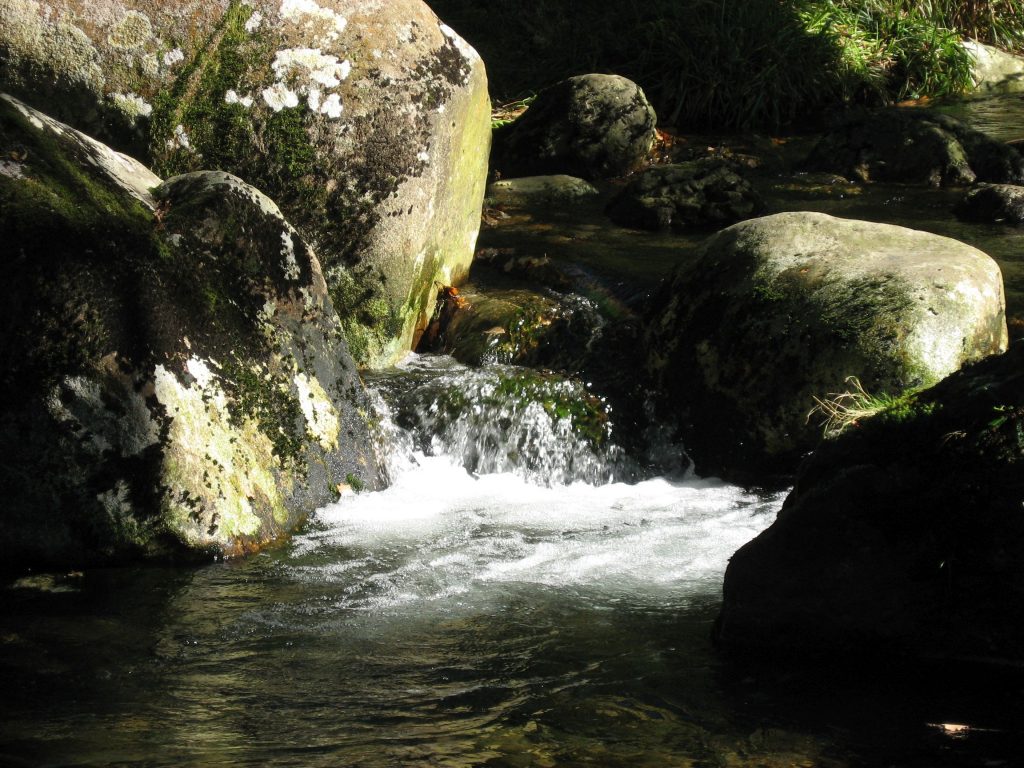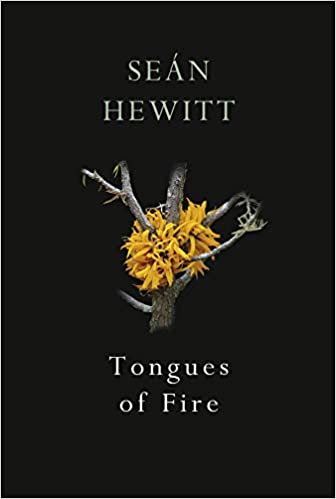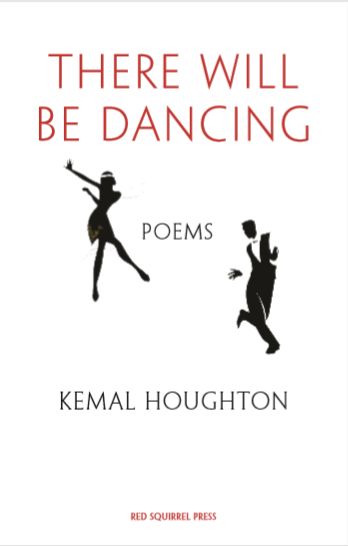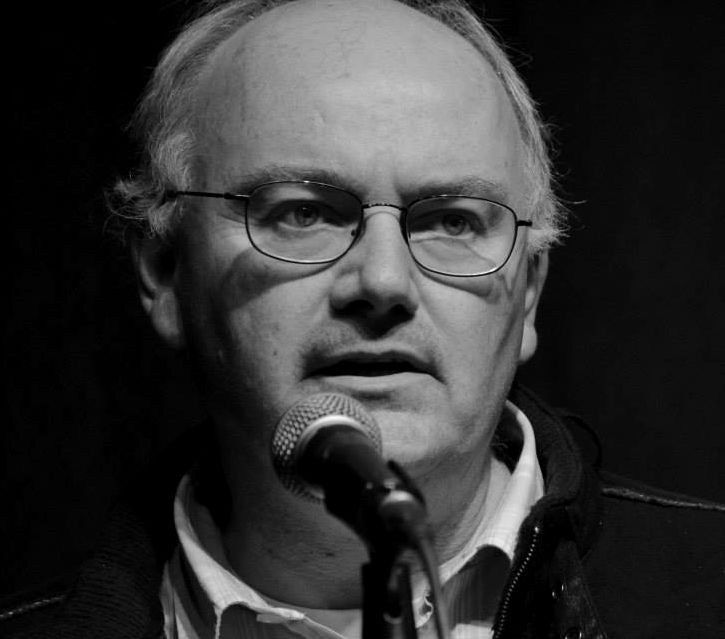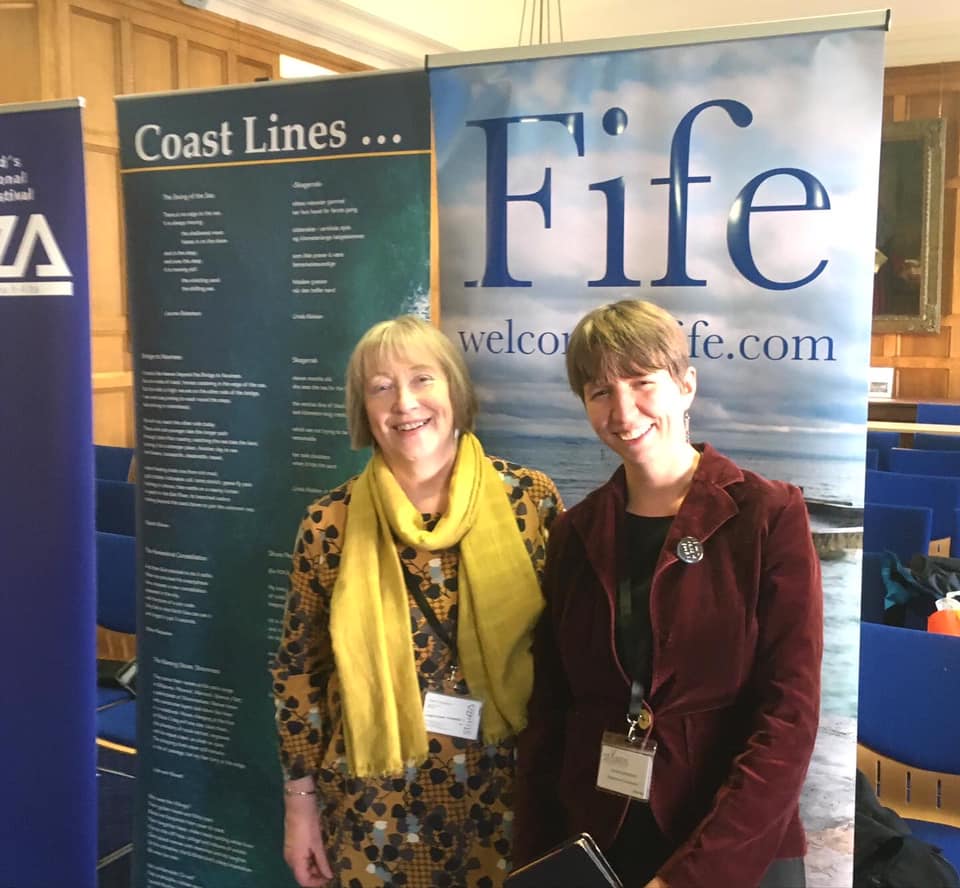This is the title of a song by Donovan – you can hear it here. But it’s also an appropriate title for what’s happened here in the Haggard. Lockdown has given me more chance to read, and though its fair to say a lot of it has been thoughtless escapist reading, there has been a lot of reading that was truly excellent, thought-provoking, joyful or inspiring. For poetry there was Seán Hewitt, Rebecca Sharp, Natalie Diaz and David Morley, but there has also been prose from Alice Tarbuck, Rebecca Tamás, Elizabeth Jane Burnett and William Least-Heat Moon.
While I’ve been thinking about the burned thumb legends, Finn and the salmon, Sigurd and the dragon’s heart and the cauldron of Ceridwen for the next collection, it occurred to me how much of today’s writing concerns by crossing the barriers between us and the other creatures we share the world with. There is a lot of shamanic writing about, and a lot of witches.
There was a time when witches on the internet were gentle wise earth-mother people, much into self-care and spirituality, the sort I had in mind in my poem in Haggards:
She haunts you, that possible self,
a wise earth mother, whose pots
run over with good food, medicine,
dyes for hand spun wool, or soap.
There’s comfort in that channelled woman
who knows her place, seductive
as Circe, but nurturing, her power
contained in that small scented realm.
There’s glamour there, the lure
of home, an art-nouveau dream
of flowing skirts, long hair,
a voice of power, though gentle,
glimpsed firesides, the feel of magic
in the dim cave of your house,
archetypal,
Dreaming of Herb Gardens
You can still find many of them at the Earth Pathways Diary, (where, however, they are very much less quietist than you might think). They were peaceful, misunderstood but anti-intellectual and a little bit anarchic, no threat to anyone really, and wasn’t it a shame that so many were burned?
These witches are not at all like that. A lot of the witch-writing is not only heavy-duty intellectual, but academic, and it is no longer a gentle faerie aesthetic side-line to mainstream culture, but is seriously engaged in creativity, environmental activism, feminism and politics.
Alice Tarbuck
Alice Tarbuck’s A Spell in the Wild looks at first sight to be a book of the familiar sort, with its recipes, its lyrical nature writing and its reminiscences. It is a most endearing and engaging read, but it deftly tucks a lot of something much more subversive and interesting under its ‘broad-brimmed fetching black hat’. Tarbuck is very clear about the fallacy of romantic connections with beautiful or wild spaces as a prerequisite for magical connection. Witchcraft for Tarbuck is not an aesthetic nor an escape from uncomfortable reality. She writes graphically about the squalor of the urban settings most people have access to, finding as much connection to the weeds growing in cracks in tarmac and gulls scavenging among the litter as among woods and fields and mountains.
We’d like to do our magic in beautiful places: in green fields by clear rivers, in lovely cottages, all stone and roses round the door. But the world is full of municipal buses, and drying greens, and scrubby grass that’s been kicked up by football boots. It’s full of squirrels eating spring bulbs and broken bottles on pavements and uncollected Christmas trees, and dog shit. It’s full of crumbling flats and expensive heating, and friends we love getting fucked over for jobs, or getting ill. It is full of precarity, and worry, fascist governments continents catching fire and the long shadow of global pandemic. P 9.
We bring things into relation with ourselves, to help us practise effectively, but those things can be, well, almost anything. Empty pizza boxes, our child’s crayons, whatever we have to hand —We make magic as best we can, with what we have, acknowledging that everything in the world, from the most beautiful thing to the least, exists in relationship to us. P11
A Spell in the Wild, p 9-11
Her understanding of witchcraft is explicitly inclusive, avoiding some of the pitfalls that plague a lot of pagan groups – nativism, heteronormative assumptions or preoccupation with giftedness. It is grounded very firmly in her urban experience of precarious employment, deprivation, marginalised communities and environmental destruction. It questions the oppressive structures of society and creates agency in a world where we are increasingly directed to become cogs in the machine.
Rebecca Sharp
Rebecca Sharp published a pamphlet called The Beginners recently in which she and sound artist Simon Whetham create images and sounds relating to human occupation and abandonment of landscapes. Opening with the phrase, ‘This is becoming a ritual’, the images and texts establish a process of connecting and learning, leaving and re-learning what it means to live in places that may be new to us, but have an old life of their own.
In an earlier work, Peripheral Visions: Edge Hill Arcana, she uses tarot to unlock creative responses to various locations around the university. As she explains in the accompanying essay it is ‘a creative response that aims to restore ‘individual perception, practice and agency’ while nourishing meaningful experiences of connection: demonstrating the ability of those divinatory objects and systems in the construction of meaning story and place.’ (p54) Divination, she points out, is less prophecy and more imaginative reconstruction of perceived norms – a desire to reclaim individual identity and agency in the world’ (p56).
Rebecca Tamás
Rebecca Tamás goes one giant step further. In The Songs of Hecate: Poetry and the Language of the Occult, an article in The White Review (issue 24 march 2019) she writes:
My particular occult interest is the witch – the witch as an explosively radical female figure, a site of resistance, a way out of silence and silencing. What she has made possible for me is a new relationship with poetic speaking, with the power of the word, and with what that power might make possible for liberatory, feminist thinking.The Songs of Hecate
The Songs of Hecate
In her collection Witch, she does just this, in explosively original poetry. Here the witch comments on the suffragettes:
Again somehow the witch finds it is about eating and not eating
they don’t eat and so they are made to eat
she asks a policeman ‘what is it with this eating thing?’
but he doesn’t know why just that when a woman eats
she is eating for the state
when she watches her friend forced to lie back and be fed
she retches
the feeding is the same as being sick it is the same as not
being fed because it leaves you hungry
ghost meal fattened with air.
WITCH AND THE SUFFRAGETTES
Tamás gleefully embraces all the misogynistic stereotypes thrown at women – witch, hooligan, nag, sex demon – and uses them in a blazing critique of the whole patriarchal hegemony from capitalism to religious orthodoxies, government to academia, right down to the philosophical gate-keeping of assumptions about ‘rationality’. I have been impressed with this book since I read it, but when I went through looking for quotes, I realised I’d forgotten how adventurous it really is. It is hard to find quotes suitable for this blog, though – when the cover describes it as a ‘small bright filthy song’, that isn’t an understatement.
As a Catholic, I have enough rituals and symbols in my life already, and there are a lot of places where I would disagree strenuously with many of the arguments made in these books. But I can’t deny we need such a radical rethink of current orthodoxies, and there is plenty of find common ground. My attention was drawn, when I was writing the ‘valiant women’ section of The Wren in the Ash Tree for Haggards, to the way women activists often act out of an awareness of the connections between campaigning for their own rights to tackling poverty and environmental exploitation.
Women whose signals were sent
through poetry and politics, songs
and planted forests, women whose voices
cry out for the poor, for democracy,
for the life of women, for the earth.
The Wren in the Ash Tree: There are Lights
In Strangers, Tamás makes this connection more explicit, writing about ‘watermelon people’, green outside, socialist within. I’ll finish with her vision of a world that is really willing to tackle the problems we face.
‘such a radically different world may not be as comfortable as what we in the west currently experience. It might, however, be a world with many more forms of thinking available to us – of joy, of freedom, of pleasure, of community, of self-worth and of love’
Strangers, p23

